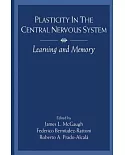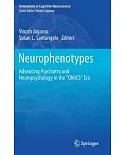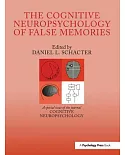'This is a 'classic edition' of Dorothy Bishop's award-winning text on the development of language comprehension, which has been in print since 1997 and now includes a new introduction from the
author. It integrates research in language acquisition, psycholinguistics and neuropsychology to give a comprehensive picture of the process we call 'comprehension'. A major theme in the book
is that 'comprehension' is not a unitary skill; to understand spoken language, one needs the ability to classify incoming speech sounds, to relate them to a 'mental lexicon', to interpret the
propositions encoded by word order and grammatical inflections, and to use information from the environmental and social context to select, from a wide range of possible interpretations,the one
that was intended by the speaker. Furthermore, although neuropsychological and experimental research on adult comprehension can provide useful concepts and methods for assessing comprehension,
they should be applied with caution, because a sequential, bottom-up information processing model of comprehension is ill-suited to the developmental context.The emphasis of this book is on
children with specific language impairments, but normal development is also given extensive coverage. The focus is on research and theory, rather than practical matters of assessment and
intervention. Nevertheless, it does provide a theoretical framework that can help clinicians develop a clearer understanding of what comprehension involves, and how different types of
difficulty may be pinpointed'--





















